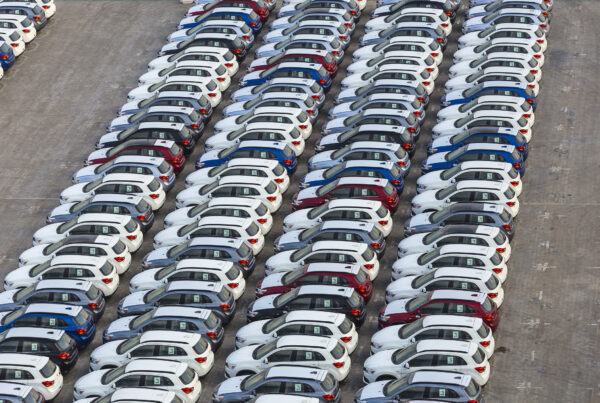The global semiconductor chip shortage has prompted ANCAP safety to warn car manufacturers that if key safety features are removed, five-star safety rating may change as a result.
The vehicle industry has been haunted by the semiconductor shortage, forcing manufacturers to slow production and as a result consumers are anxious while facing long wait times.
As Australasia’s independent vehicle safety authority, ANCAP SAFETY has warned car manufacturers that removing crucial active safety technologies in a bid to navigate shortages posed by the semiconductor shortage could have unsavoury effects on vehicle safety ratings.
Semiconductor chips are used in several features of new cars including those related to safety. Advanced systems such as lane-keeping assistance, lane departure warning and pre-collision assistance with automatic emergency braking (AEB) require the use of semiconductor chips.
However, the majority of car brands have addressed the shortage by reducing the volume of vehicles created, pausing production lines, deleting non-essential features and opting for delays to the consumer rather than compromise the quality and safety rating of their product.
“It seemed that in the early days [of the pandemic] there was a lot of concern about what might happen, and then what ended up happening was just production got halted. Rather than strip things out, I think it got too hard too quickly for manufacturers to even be able to finish producing an entire car, so it was just hands down, tools down,” ANCAP CEO, Carla Hoorweg told Drive.


















